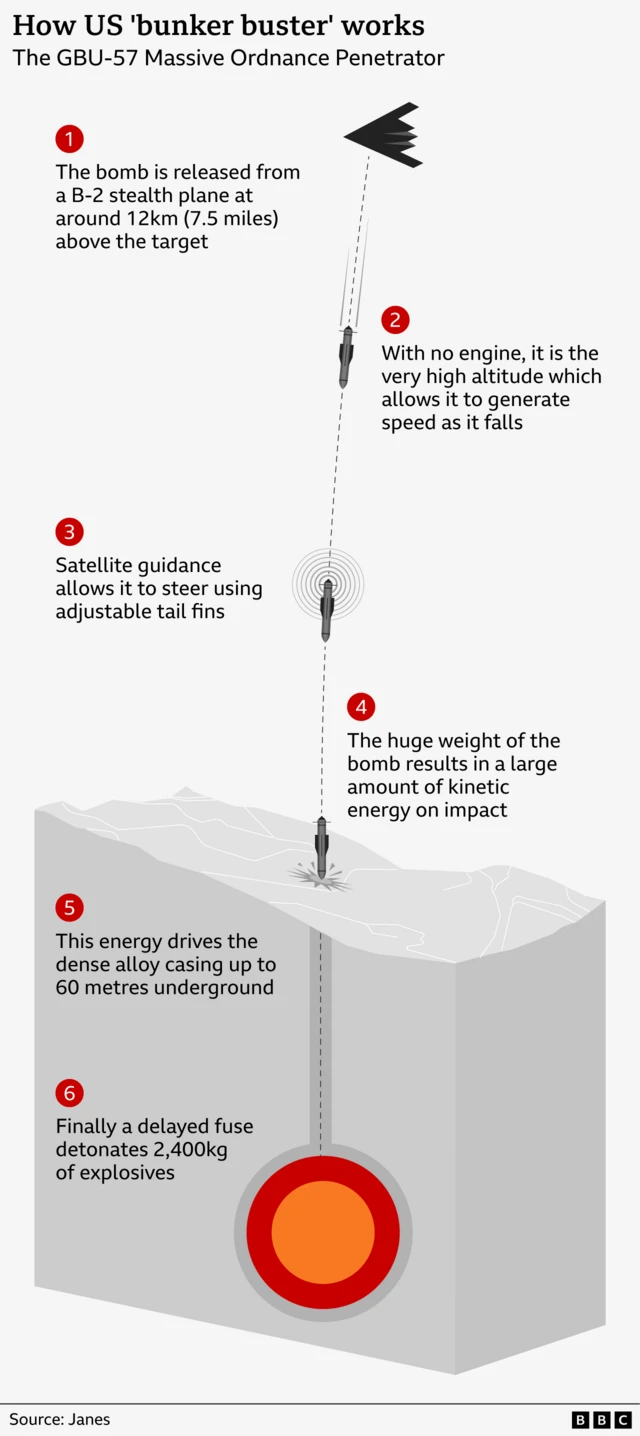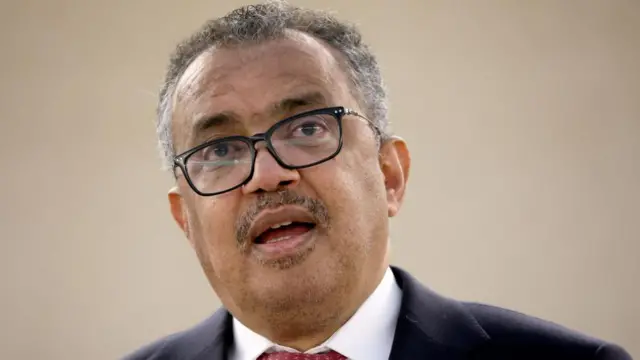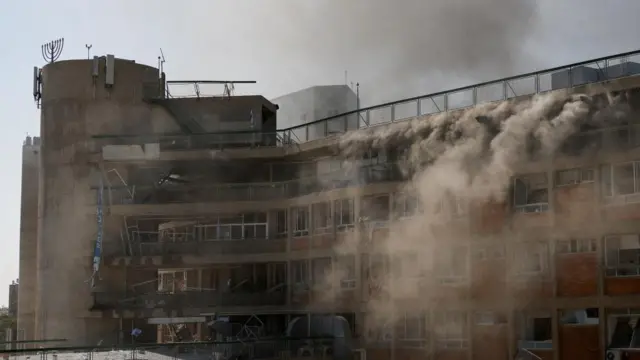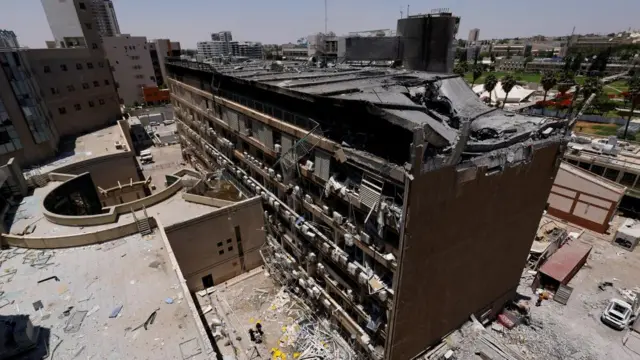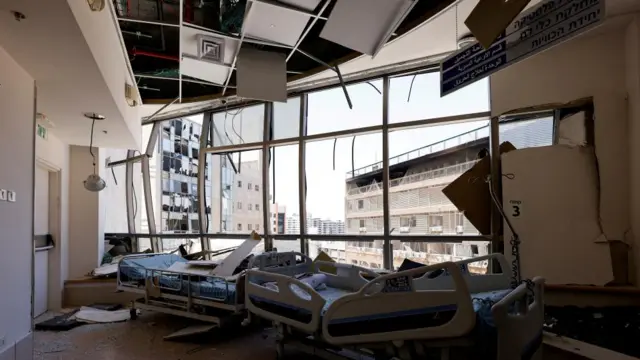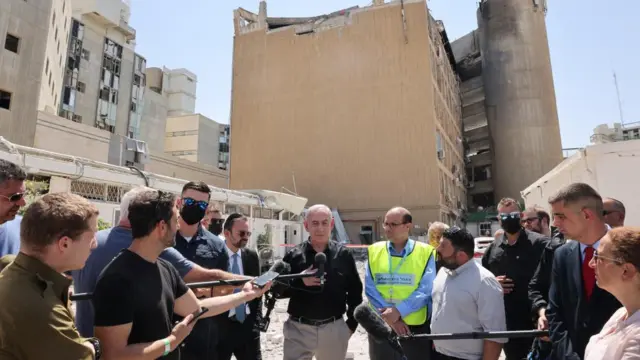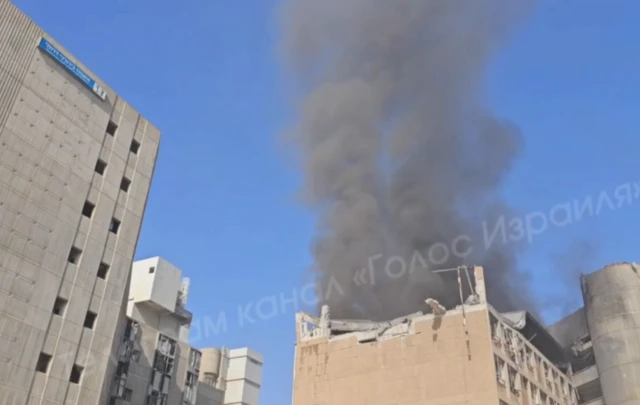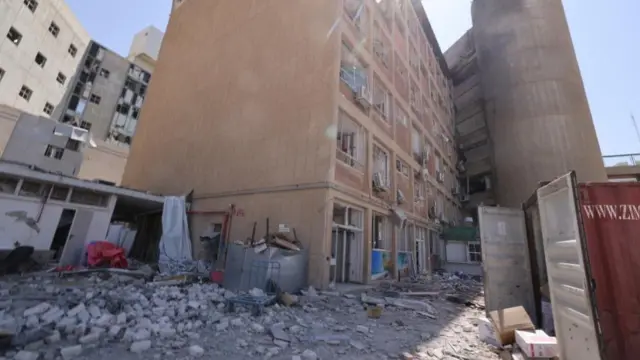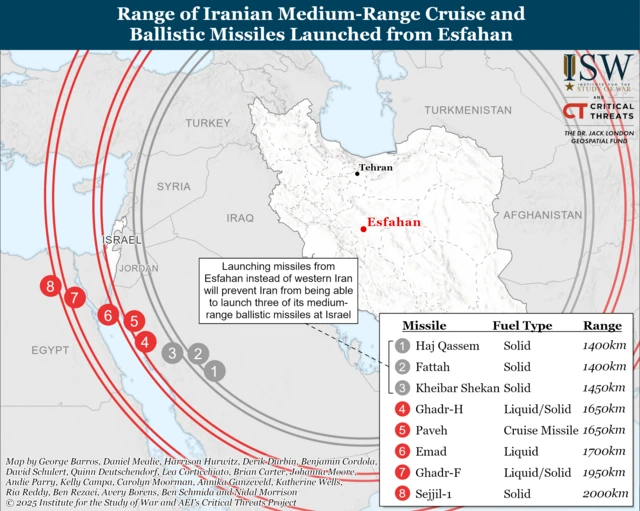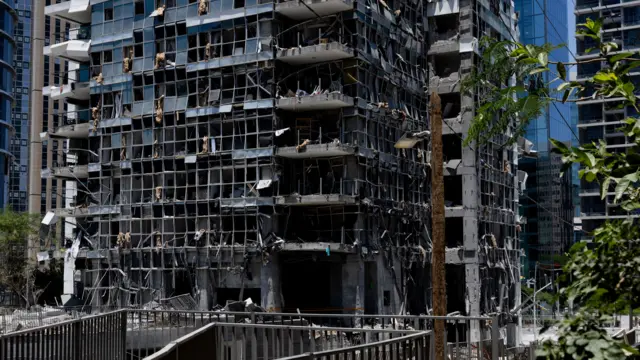Trump to make decision on US involvement 'within two weeks'published at 18:39 BST 19 JuneBreaking
 Bernd Debusmann Jr
Bernd Debusmann Jr
Reporting from the White House
In a White House press briefing, press secretary Karoline Leavitt delivers a message directly from US President Donald Trump.
Leavitt says amid reports of whether the US will be directly involved in the conflict between Israel and Iran, Trump says: "Based on the fact that there's a substantial chance of negotiations that may or may not take place with Iran in the near future, I will make my decision whether or not to go within the next two weeks."

